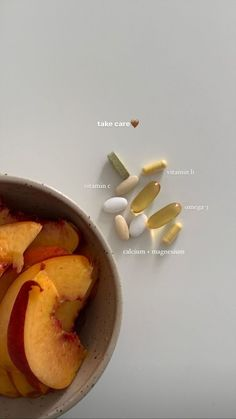Understanding the Difference Between Whole Food and Synthetic Supplements
## Understanding the Difference Between Whole Food and Synthetic Supplements
When it comes to dietary supplements, the debate between whole food and synthetic options is significant. Understanding these differences can help you make informed choices about your health.
### What Are Whole Food Supplements?
Whole food supplements are derived from concentrated, dehydrated whole foods. They maintain the complex array of nutrients found in the original food, including vitamins, minerals, fiber, and phytonutrients. This natural form allows for better absorption and utilization by the body. Whole food supplements are often free from artificial additives and fillers, making them a cleaner choice for those seeking to enhance their nutrition.
**Key Benefits of Whole Food Supplements:**
- **Improved Absorption**: Nutrients in their natural form are more easily recognized and utilized by the body.
- **Broad Spectrum of Nutrients**: They provide a wider array of nutrients compared to synthetic options.
- **No Harmful Fillers**: These supplements typically do not contain artificial colors or binders.
- **Food Synergy**: The natural compounds work together synergistically, enhancing their health benefits.
### What Are Synthetic Supplements?
Synthetic supplements are chemically engineered nutrients created in laboratories. They aim to replicate the vitamins and minerals found in natural foods but often lack the additional beneficial compounds that whole foods provide. While they can be effective in addressing specific deficiencies, concerns about their absorption and potential side effects have arisen.
**Concerns with Synthetic Supplements:**
- **Absorption Issues**: The body may not absorb synthetic nutrients as effectively as those from whole foods, leading to less benefit.
- **Limited Nutrient Profile**: Synthetic options often contain only isolated nutrients, missing out on many beneficial compounds found in whole foods.
- **Potentially Harmful Additives**: Many synthetic supplements include fillers and binders that may not be beneficial for health.
- **Risk of Toxicity**: High doses of synthetic vitamins can lead to toxicity, particularly with fat-soluble vitamins like A, D, E, and K.
### Scientific Insights
Research indicates that nutrients from whole food sources are generally more effective than those derived synthetically. For example, studies have shown that natural vitamin E is absorbed twice as efficiently as its synthetic counterpart[1][4]. Additionally, consuming a diet rich in whole foods is associated with a reduced risk of chronic diseases such as heart disease and diabetes[1][4].
### Conclusion
In summary, while both whole food and synthetic supplements can provide essential nutrients, whole food supplements offer superior absorption and a broader range of health benefits due to their complex nutrient profiles. For those considering supplementation, prioritizing whole food sources is advisable for optimal health outcomes. Always consult with a healthcare professional before starting any new supplement regimen to ensure it aligns with your individual health needs.
Citations:
[1] https://soulelhealth.com/synthetics-vs-wholefoods/
[2] https://rinconchiro.com/unleashing-the-power-of-whole-food-supplements-vs-synthetic-multivitamins/
[3] https://www.tataaig.com/knowledge-center/health-insurance/natural-vs-synthetic-vitamins
[4] https://www.healthline.com/nutrition/synthetic-vs-natural-nutrients
[5] https://www.medicinenet.com/what_are_natural_vitamins_and_nutrients/article.htm
[6] https://www.health.harvard.edu/newsletter_article/supplements-a-scorecard
[7] https://www.healthline.com/nutrition/try-it-or-toss-it-the-supplements-you-need-and-the-ones-you-can-skip
[8] https://www.reidhealth.org/blog/5-essential-health-supplements-you-may-need


Comments
Post a Comment